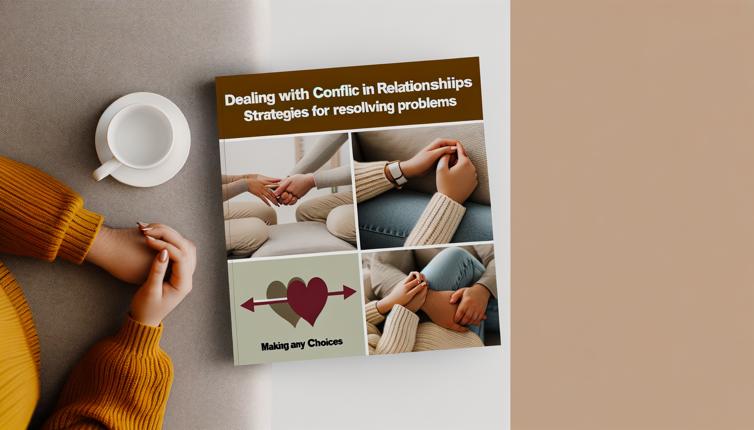Understanding the Nature of Conflict
Conflict is a normal part of relationships and can arise due to various reasons such as differences in opinions, values, or expectations.,Conflict can be both constructive and destructive. Constructive conflict can lead to growth, better understanding, and stronger relationships, while destructive conflict can be harmful, leading to resentment and emotional damage.,It is essential to recognize and acknowledge the presence of conflict in a relationship to address it effectively. Ignoring or avoiding conflicts can make them escalate and cause more significant problems in the future.
Effective Communication
Communication plays a crucial role in resolving conflicts in relationships. Open and honest communication allows individuals to express their thoughts, feelings, and concerns.,Active listening is an essential aspect of effective communication. It involves paying attention to what the other person is saying without interrupting, judging, or criticizing.,Using 'I' statements instead of 'You' statements can help avoid blame and defensiveness in a conflict. For example, saying 'I feel hurt when you do this' instead of 'You always make me feel hurt.',Finding the right time and place to discuss conflicts is also important. Avoid discussing sensitive topics when emotions are high and choose a neutral and private environment for conversation.
Finding Common Ground
Finding areas of agreement and common ground is crucial in resolving conflicts. Focusing on shared goals, values, or interests can help build understanding and facilitate compromise.,Seeking a win-win solution rather than a win-lose approach is ideal for resolving conflicts. Both individuals should work together towards finding a solution that addresses the needs and concerns of both parties.,Taking a step back and looking at the bigger picture can also help in finding common ground. Understanding each other's perspectives and seeing the situation from different angles can lead to more effective problem-solving.,Compromise may be necessary in certain situations, and finding a middle ground that both individuals can accept is a valuable skill in resolving conflicts.
Conclusion
Resolving conflicts in relationships requires patience, empathy, and effective communication. By understanding the nature of conflict, practicing open and honest communication, and finding common ground, individuals can work towards resolving conflicts and strengthening their relationships.








